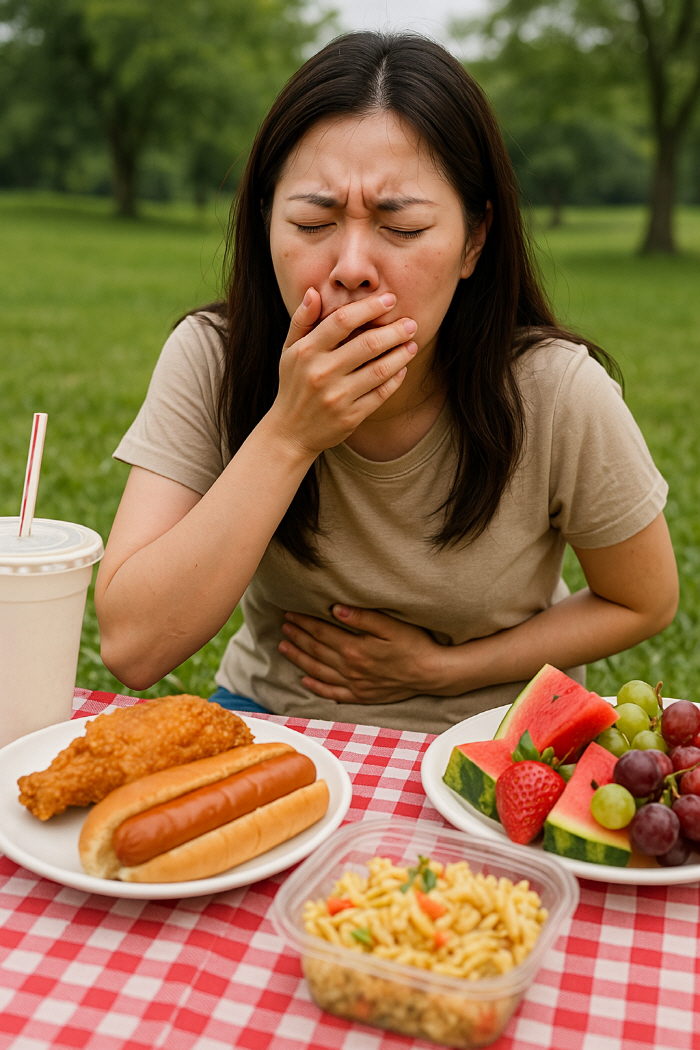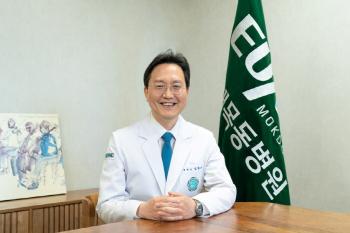62% of food poisoning from April to September of the year...Local festivals and events are a food advisory for the full-fledged outing season
Apr 23, 2025
The Ministry of Food and Drug Safety urged the Ministry of Food and Drug Safety to pay special attention to hygiene management to prevent food poisoning when using and providing food and beverage for local festivals and local events.
Local festivals and events attract large crowds, including tourists, and provide a variety of food, mainly concentrated during spring and autumn outings. A total of 1214 local festivals and events are scheduled this year (351 from April to May and 461 from September to October).
In general, about 62% of total food poisoning occurs from April to September, when there are many local festivals and events. The average number of food poisoning cases per quarter over the past five years (2020-2024) is 47 (17%) in January-March, 68 (26%) in April-June, 100 (37%) in July-September, and 55 (20%) in October-December.
This month, there were also suspected cases of large-scale food poisoning caused by food provided at local festival venues. There were 90 suspected food poisoning patients at the Wang Cherry Blossom Festival in Jeju City and 200 suspected food poisoning patients at the Chungnam Senior Health Festival.
Accordingly, the Ministry of Food and Drug Safety guided precautions for each type of food and beverage consumption so that visitors to local festivals and events can use food and beverage safely during the event.
First of all, when purchasing and eating lunch boxes, products from HACCP-certified food manufacturing and processing businesses (lunchbox manufacturers) are used, and delivery foods such as gimbap are not ordered in bulk at one restaurant, but are divided into several restaurants.
In addition, buy only enough to eat just before consumption, check that the container or packaging is not contaminated or damaged, and consume it within a short period of time.
When using restaurants around the venue, it is desirable to use hygiene-grade designated businesses, and local governments should thoroughly manage safety to prevent food poisoning, such as strengthening guidance and inspections of restaurants. In addition, restaurants operating temporarily at the venue should not sell cooked food outside the business site, and food ingredients should be ordered in an appropriate amount to be purchased and consumed on the day of sale and stored hygienically in compliance with food storage temperatures.
The Ministry of Food and Drug Safety plans to conduct preliminary guidance checks on lunch box manufacturers, temporary restaurants, and restaurants around the venue with local governments when holding major regional festivals and events. In addition, at large-scale events involving more than 500,000 people, a rapid inspection vehicle for food poisoning will be deployed to directly test food poisoning bacteria and promote various promotional activities such as complying with food poisoning prevention rules for visitors.
Local festivals and events attract large crowds, including tourists, and provide a variety of food, mainly concentrated during spring and autumn outings. A total of 1214 local festivals and events are scheduled this year (351 from April to May and 461 from September to October).
|
This month, there were also suspected cases of large-scale food poisoning caused by food provided at local festival venues. There were 90 suspected food poisoning patients at the Wang Cherry Blossom Festival in Jeju City and 200 suspected food poisoning patients at the Chungnam Senior Health Festival.
Accordingly, the Ministry of Food and Drug Safety guided precautions for each type of food and beverage consumption so that visitors to local festivals and events can use food and beverage safely during the event.
First of all, when purchasing and eating lunch boxes, products from HACCP-certified food manufacturing and processing businesses (lunchbox manufacturers) are used, and delivery foods such as gimbap are not ordered in bulk at one restaurant, but are divided into several restaurants.
In addition, buy only enough to eat just before consumption, check that the container or packaging is not contaminated or damaged, and consume it within a short period of time.
When using restaurants around the venue, it is desirable to use hygiene-grade designated businesses, and local governments should thoroughly manage safety to prevent food poisoning, such as strengthening guidance and inspections of restaurants. In addition, restaurants operating temporarily at the venue should not sell cooked food outside the business site, and food ingredients should be ordered in an appropriate amount to be purchased and consumed on the day of sale and stored hygienically in compliance with food storage temperatures.
The Ministry of Food and Drug Safety plans to conduct preliminary guidance checks on lunch box manufacturers, temporary restaurants, and restaurants around the venue with local governments when holding major regional festivals and events. In addition, at large-scale events involving more than 500,000 people, a rapid inspection vehicle for food poisoning will be deployed to directly test food poisoning bacteria and promote various promotional activities such as complying with food poisoning prevention rules for visitors.
This article was translated by Naver AI translator.














